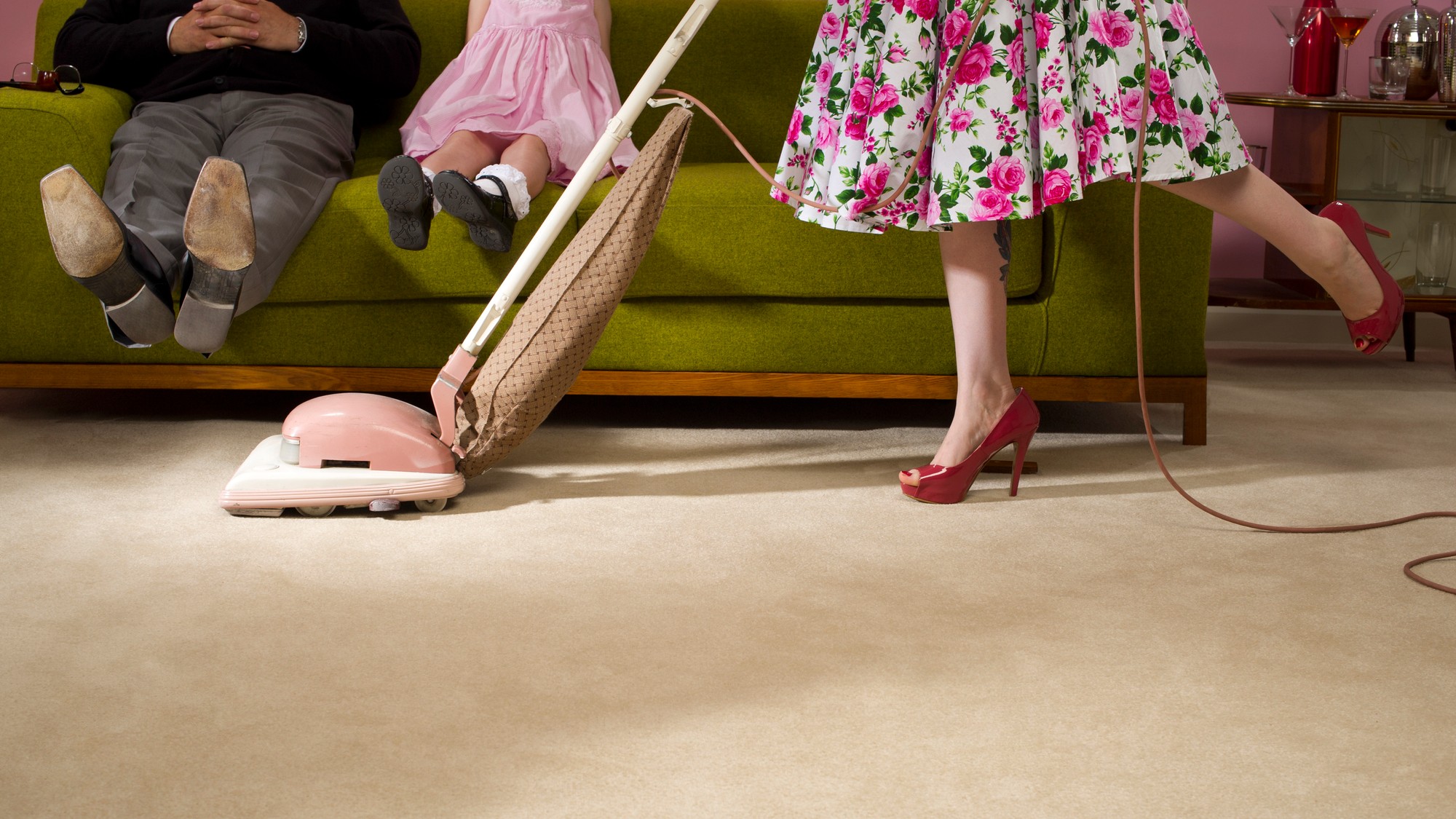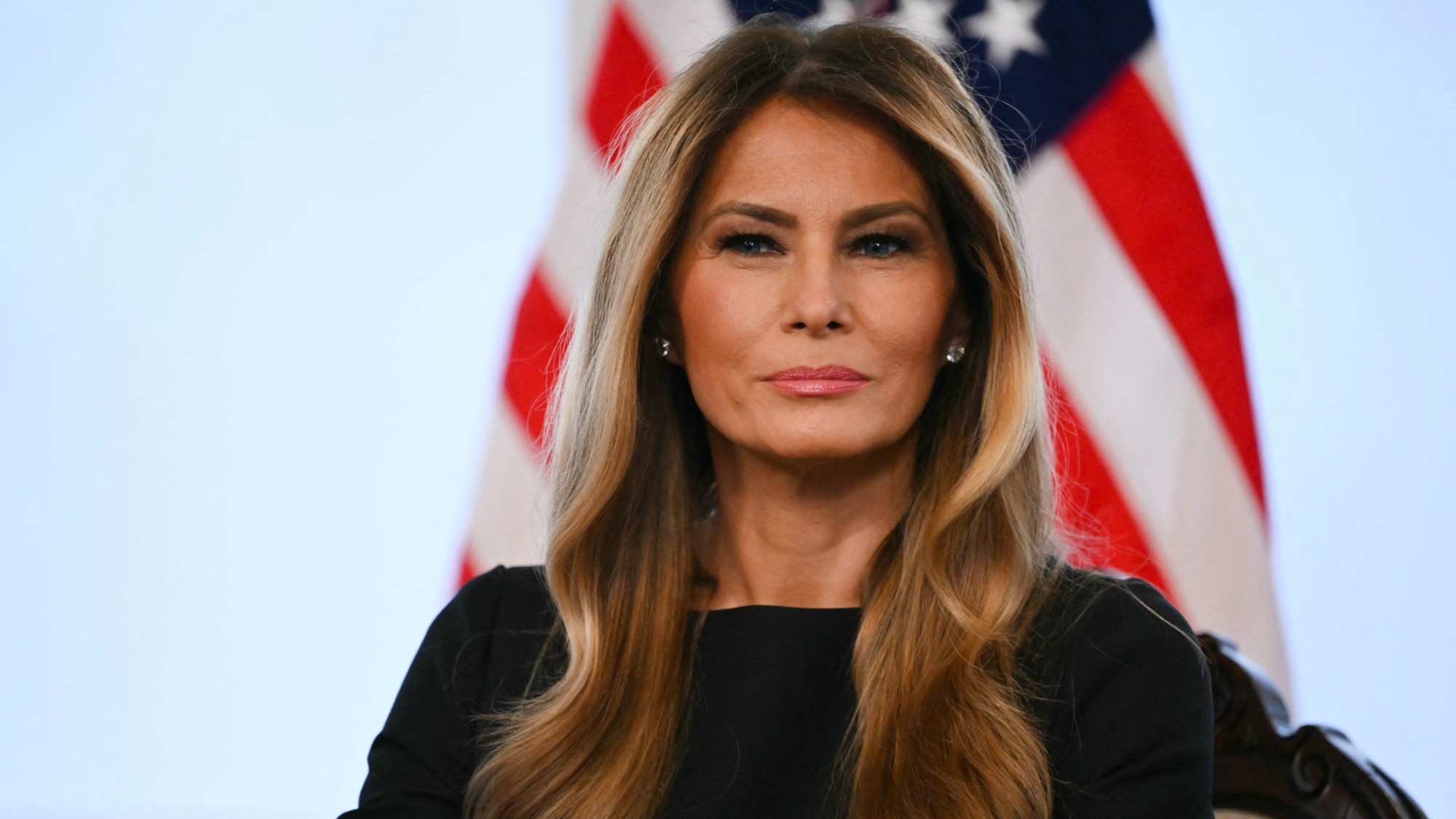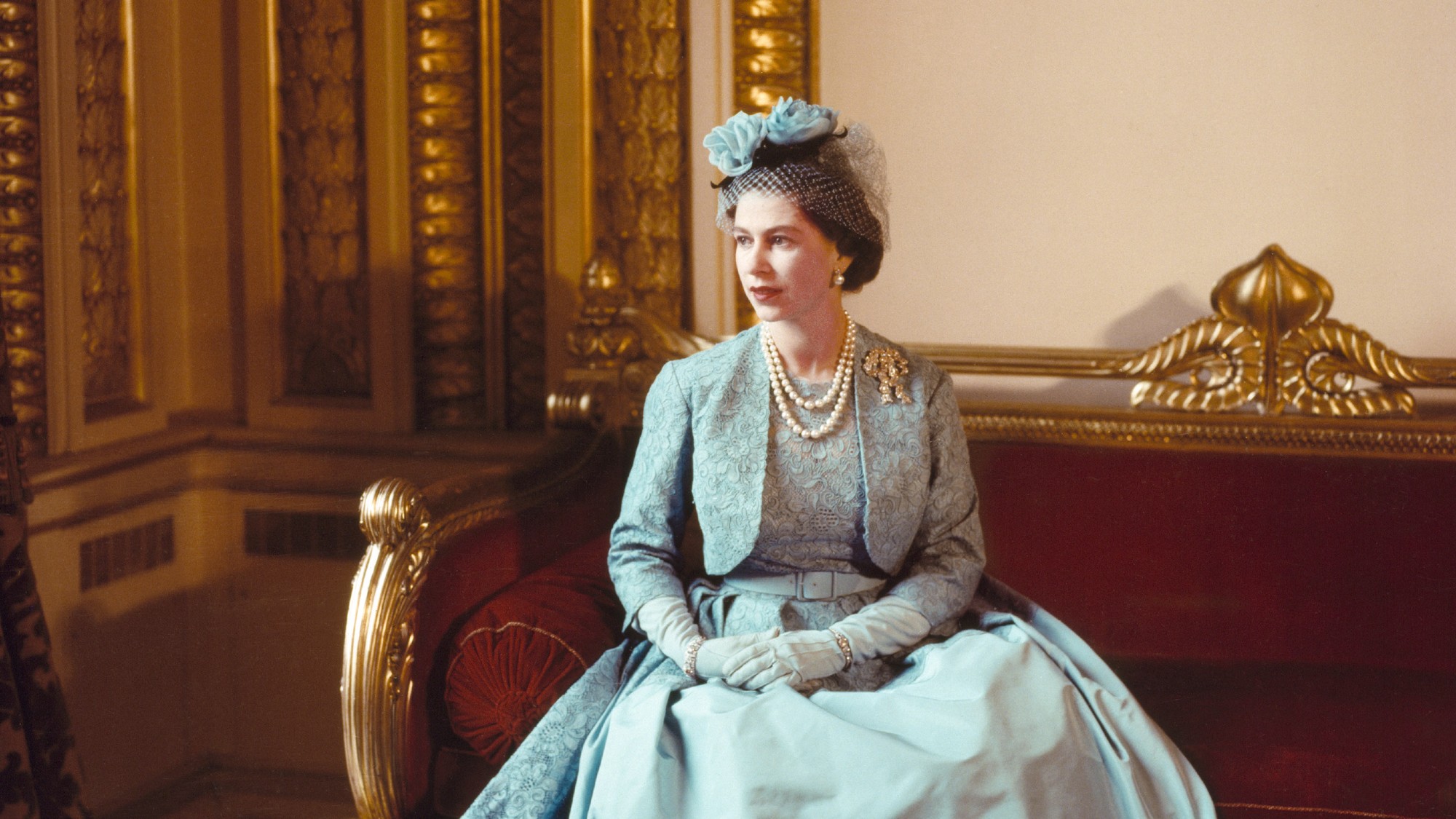Trends in beauty standards signal a right-wing swing
The new norm is modest, traditional and at home


A free daily email with the biggest news stories of the day – and the best features from TheWeek.com
You are now subscribed
Your newsletter sign-up was successful
The U.S.'s political turn to the right may be most striking with Donald Trump's presidential win, but there are also cultural markers that point to the shift. Beauty and lifestyle trends indicate a rightward change in the American psyche.
The background
Fashion can be a strong indicator of a society's values, and "in many ways, is political," said nss magazine. Style has also long served as a method of conveying messages and presenting an image. For example, "civil rights activists in 1960s America wore their 'Sunday Best' at protests to demonstrate they were worthy of dignity and respect as they challenged the institutions that kept Black people at the bottom of the social hierarchy," said the Stanford Report.
The same can be said of a society's overall beauty standards. The early 2010s were "dominated by hyper-individualistic, rebellious styles — often driven by the desire to stand out," said nss magazine. This included an emphasis on body positivity, diversity and a growth in more non-gendered fashion. Now, in the aftermath of the Covid-19 pandemic and amid the rise of influencer culture, "more conservative, home-centered fashion trends" correlate with "growing societal concerns about the future."
The Week
Escape your echo chamber. Get the facts behind the news, plus analysis from multiple perspectives.

Sign up for The Week's Free Newsletters
From our morning news briefing to a weekly Good News Newsletter, get the best of The Week delivered directly to your inbox.
From our morning news briefing to a weekly Good News Newsletter, get the best of The Week delivered directly to your inbox.
The latest
Media has demonstrated a recent shift toward more "traditional" beauty and gender norms. Everything from "quiet luxury to the trad-wife aesthetic" hints at a "return to a time when femininity, modesty and restraint were revered," nss magazine said. Some of the newer trends put an emphasis on natural hair colors, straying away from tattoos and piercings. While none of these things are inherently bad, "together, they build a picture of a certain rural lifestyle filled with religious modesty, traditional family values and an idealization of family wealth," said Dazed.
On the internet, trad wives "post with an aesthetic pulled straight from the '50s," and it seems fair to say that "conventional beauty has been a key component for the success of the far-right," Dazed added. "This content hides anti-feminist narratives and white nationalist beliefs under a bell sleeve, pearls and hair slicked into low claw clips."
The reaction
The return to traditional gender roles is a reflection of societal woes. "American women are grappling with a backlash against abortion rights, their economic mobility and feminism itself," along with the "failure of U.S. social programs to keep up with the rising cost of living or to provide meaningful support for working moms," said The Guardian. In turn, women have reverted to the "fundamentally conservative and individual solution to that societal failure."
Regarding beauty standards, "there have been major steps forward, like the body positivity movement and increased racial visibility in fashion spreads," said Glamour. However, "the overwhelming default is still thin, young, white and an increasingly impossible idea of perfect." This is buoyed by the prevalence of weight-loss drugs and plastic surgery. "Using the iconography of an idealized past, they evoke the economic and emotional fantasy that families, and especially women, can opt out of the complexity of modern society," said The Guardian.
A free daily email with the biggest news stories of the day – and the best features from TheWeek.com
Devika Rao has worked as a staff writer at The Week since 2022, covering science, the environment, climate and business. She previously worked as a policy associate for a nonprofit organization advocating for environmental action from a business perspective.
-
 What is the endgame in the DHS shutdown?
What is the endgame in the DHS shutdown?Today’s Big Question Democrats want to rein in ICE’s immigration crackdown
-
 ‘Poor time management isn’t just an inconvenience’
‘Poor time management isn’t just an inconvenience’Instant Opinion Opinion, comment and editorials of the day
-
 Bad Bunny’s Super Bowl: A win for unity
Bad Bunny’s Super Bowl: A win for unityFeature The global superstar's halftime show was a celebration for everyone to enjoy
-
 The 8 best superhero movies of all time
The 8 best superhero movies of all timethe week recommends A genre that now dominates studio filmmaking once struggled to get anyone to take it seriously
-
 Josh D’Amaro: the theme park guru taking over Disney
Josh D’Amaro: the theme park guru taking over DisneyIn the Spotlight D’Amaro has worked for the Mouse House for 27 years
-
 Melania: an ‘ice-cold’ documentary
Melania: an ‘ice-cold’ documentaryTalking Point The film has played to largely empty cinemas, but it does have one fan
-
 Best UK fashion exhibitions in 2026
Best UK fashion exhibitions in 2026The Week Recommends See much-loved and intriguing items from designers and style icons right where they belong: on display
-
 The best fan fiction that went mainstream
The best fan fiction that went mainstreamThe Week Recommends Fan fiction websites are a treasure trove of future darlings of publishing
-
 Is a social media ban for teens the answer?
Is a social media ban for teens the answer?Talking Point Australia is leading the charge in banning social media for people under 16 — but there is lingering doubt as to the efficacy of such laws
-
 How Utah became a media focal point
How Utah became a media focal pointIn Depth In producing the stars of #MomTok and reality TV alike, Utah has emerged as a media powerhouse
-
 Golden Globes affirm ‘One Battle,’ boost ‘Hamnet’
Golden Globes affirm ‘One Battle,’ boost ‘Hamnet’Speed Read Comedian Nikki Glaser hosted the ceremony
